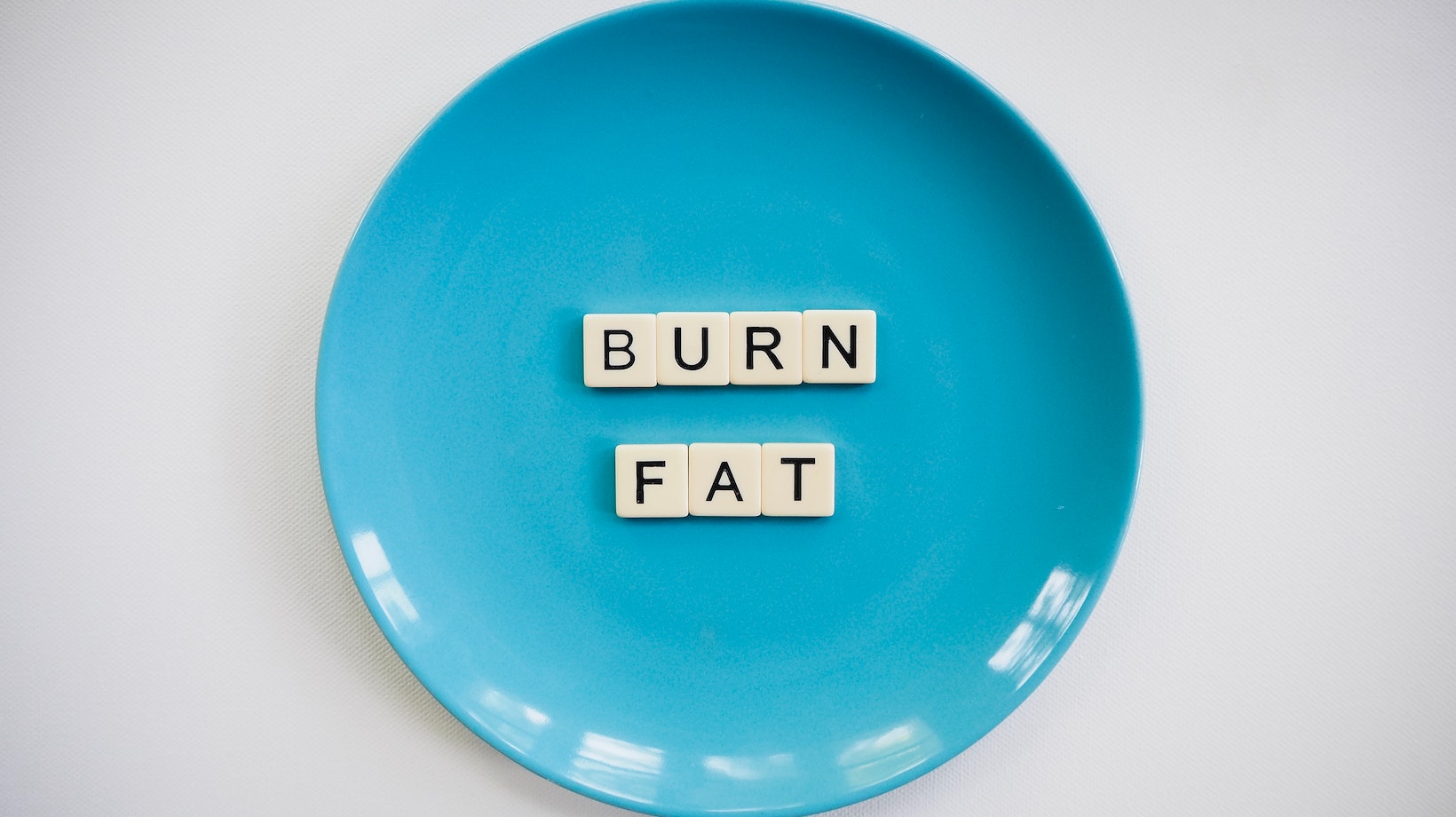
Keto for Bariatric Patients
We’re diving headfirst into an exploration of the ketogenic diet, often referred to as the keto diet. It’s a high-fat, low-carb eating plan that has gained significant attention for its potential weight loss benefits. But what happens when you pair this with bariatric surgery? These are two powerful tools in the battle against obesity, but they need to be used carefully and wisely.
Let’s start with some basics. The keto diet is all about getting your body into a state called ketosis. Here, your body doesn’t have enough carbohydrates to burn for energy; instead it burns fat and makes things called ketones which can be used by the body for fuel.
Sounds great right? Well, there’s more to consider if you’ve had bariatic surgery. We’ll touch on that soon.
Benefits and Challenges of Combining Keto and Bariatric Surgery
Combining keto with bariatric surgery could sound like a surefire way to accelerate weight loss – but it isn’t that simple. There are benefits – such as potential faster weight loss, improved blood sugar control and increased metabolic efficiency – but challenges exist too.
One primary concern is nutritional deficiencies post-surgery which could worsen on a restrictive diet like keto. After bariatric surgery, patients tend to absorb fewer nutrients from food since their digestive system has been altered. If not managed correctly, this can lead to serious health issues down the line.
Another challenge is adhering strictly to the high fat requirement of the keto diet post-surgery: too much fat at once might lead to uncomfortable digestive symptoms due to slower digestion and absorption rates after bariatric procedures.
Finally, there’s always risk associated with drastic lifestyle changes: abruptly switching from a regular eating pattern straight into strict keto immediately after major surgery may put undue stress on your body.
If you’re thinking about combining bariatric surgery with the keto diet, here are a few practical tips to consider:
- Take it slowly: Start with a balanced, low-carb diet before gradually transitioning into strict keto.
- Keep an eye on your nutrients: Ensure that you are getting all essential vitamins and minerals. Regular check-ups and blood tests can help monitor this.
- Stay hydrated: Drink plenty of fluids to avoid dehydration – a common concern both in ketosis and post-surgery.
- Emphasize quality fats: Choose sources of healthy fats like avocados and nuts over high-fat dairy or processed meats.
Remember, it’s crucial to work closely with your healthcare provider or nutritionist when making significant dietary changes after bariatric surgery. They can provide personalized advice catered to your unique health situation!
Importance of Nutrition in Bariatric Patients
In the world of bariatric patients, nutrition isn’t just important – it’s critical. We’re not just talking about eating right to maintain a healthy weight post-surgery. It’s about providing your body with the vital nutrients it needs to recover and function optimally.
After bariatric surgery, your body goes through significant changes. Your stomach’s size reduces drastically, limiting food intake capability. This means every bite you take should be nutrient-packed to meet your body’s daily requirements.
A well-planned diet ensures that you’re getting sufficient amounts of proteins, vitamins and minerals despite consuming less food. If these nutritional needs aren’t met, complications may arise like malnourishment or vitamin deficiencies. Here are some key points to remember:
- Consume adequate protein: Helps in wound healing and tissue repair
- Include enough vitamins & minerals: Necessary for countless bodily functions
- Stay hydrated: Water is crucial for digestion and overall health
While a keto diet has potential benefits for bariatrics patients, it shouldn’t be adopted without considering individual nutritional needs. Balancing these two may seem challenging but it’s doable.
For instance, if you’re following a keto diet post-surgery, remember to consume protein first at each meal. This helps ensure your protein needs are met before filling up on fats.
Moreover, because the keto diet is naturally low in certain fruits and vegetables (due to their carb content), bariatrics patients might need additional vitamin and mineral supplementation.
In essence, while nutrition plays an irreplaceable role in bariatric patient recovery and health maintenance, incorporating strategies like the keto diet should be individualized. Always consult with healthcare professionals before making significant dietary changes post-surgery.

